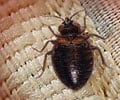Pathogenic bacteria are usually destroyed by antibodies, but a lung-damaging bacterium turns the body's antibody response in its favour, suggests a study published.
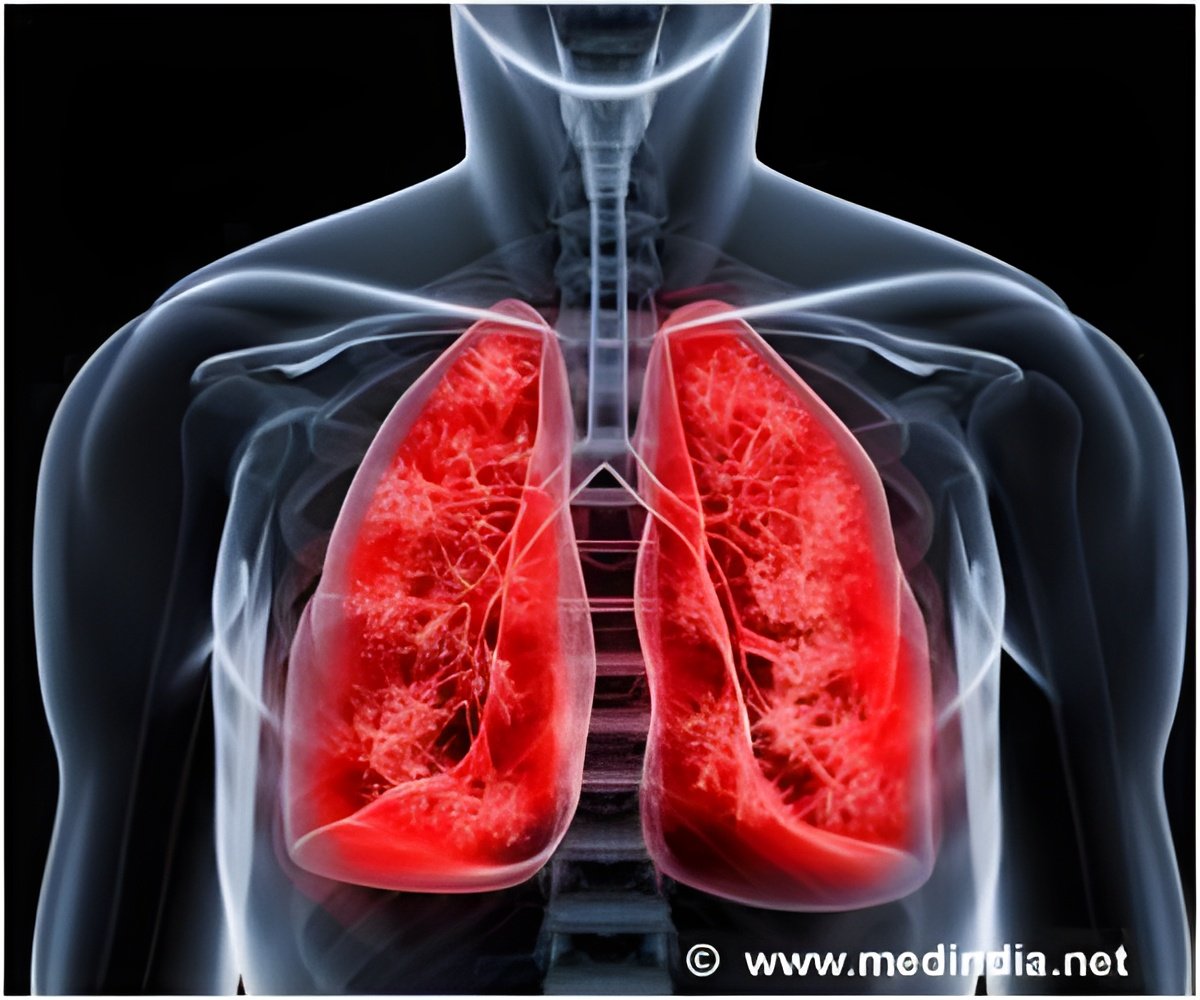
A group of researchers at the University of Birmingham, England, now find that the antibody response to Pseudomonas can get in its own way. In a subset of infected bronchiectasis patients with particularly poor lung function, they noticed an abundance of one specific type of antibody, called IgG2, which stripped the blood of its normal bug-killing capacity. The IgG2 proteins bound to extra-long sugars on the bacterial surface, a feature unique to the bugs infecting these patients. When these sugar-specific antibodies were removed, the blood's antibacterial prowess was restored.
Exactly how these IgG2 molecules protect the bug is unclear, but they may lure complement proteins away from more vulnerable parts of the bacterial surface. The discovery of antibodies that protect the bug instead of the person may help to explain why two vaccines based on these extra-long sugars resulted in worse disease in immunized individuals.
Source-Eurekalert
 MEDINDIA
MEDINDIA
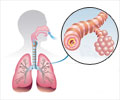

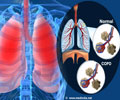
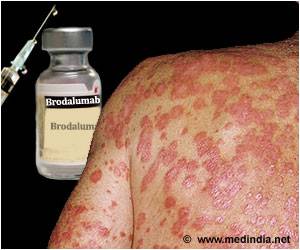
 Email
Email
